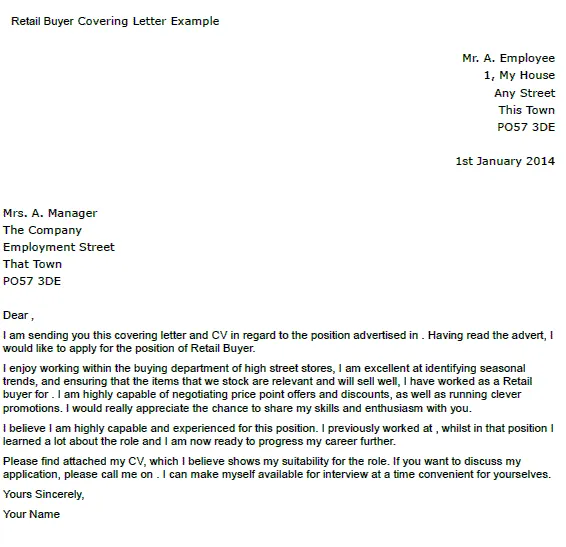The Power of a Cover Letter for Buyers
In the competitive world of sales, making a strong first impression is crucial. A well-crafted cover letter for a buyer isn’t just a formality; it’s a powerful tool that sets you apart from the competition and immediately captures their attention. It’s your chance to demonstrate your understanding of their needs, showcase your relevant experience, and highlight your unique value proposition. A cover letter provides context to your resume, allowing you to tell a story and connect with the buyer on a personal level. It’s where you can elaborate on your qualifications, explain your career goals, and express your genuine interest in the opportunity. A well-written cover letter can significantly increase your chances of securing an interview, ultimately leading to a successful sale. Don’t underestimate the power of this often-overlooked document in your buyer outreach.
Highlighting Your Expertise
To create a compelling cover letter, you must highlight your expertise in a way that resonates with the buyer. This goes beyond simply listing your skills; it involves demonstrating how your knowledge and abilities align with their specific needs and challenges. Focus on the areas where you excel and can bring significant value to the buyer. This can include your understanding of their industry, the products or services you offer, or your ability to solve their pain points. When you showcase your expertise effectively, you position yourself as a trusted advisor rather than just a salesperson. Always provide specific examples and quantifiable achievements. Showcasing your expertise can leave a lasting impression and increase your chances of building a strong business relationship.
Tailoring Your Letter to the Buyer
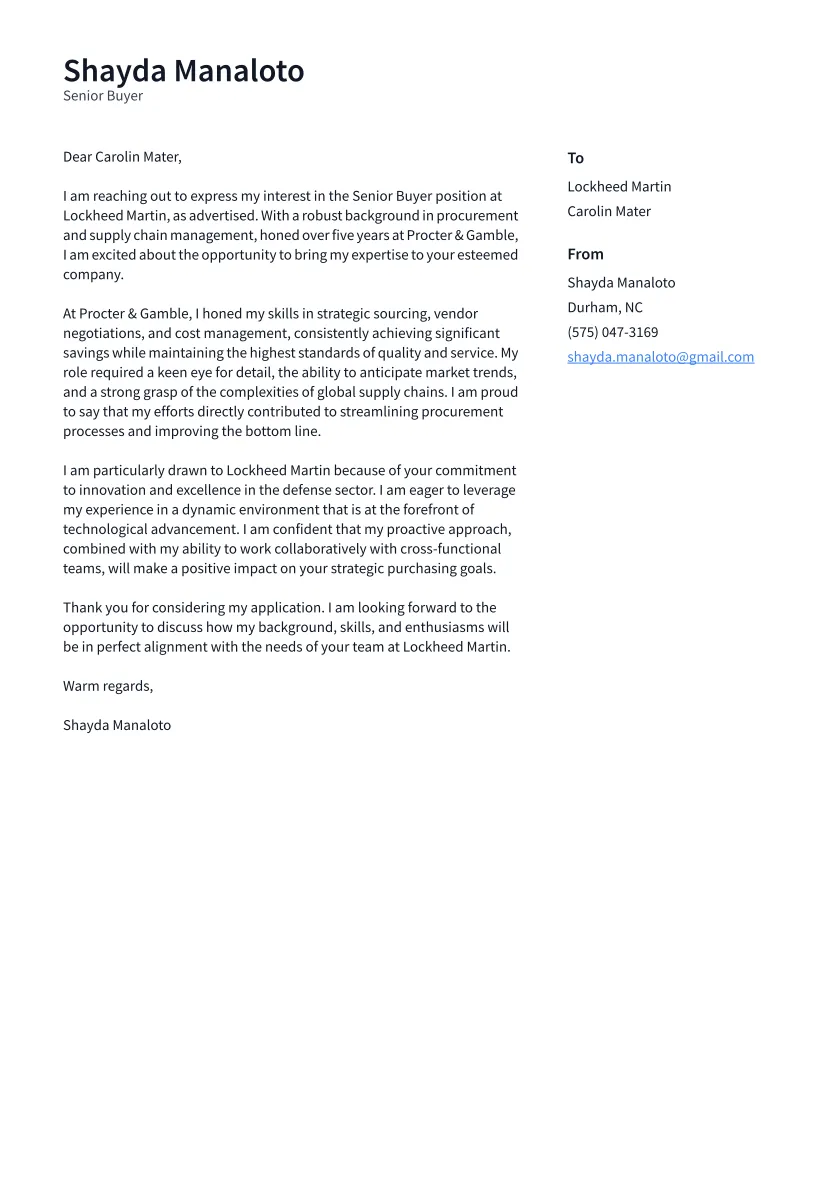
Generic cover letters are easily discarded. The key to success lies in tailoring each cover letter to the specific buyer and opportunity. This shows that you’ve done your research and genuinely care about their needs. Begin by researching the buyer, their company, and the specific product or service they offer. Identify their key priorities, challenges, and goals. This understanding will allow you to craft a cover letter that speaks directly to their needs and demonstrates how your expertise can help them succeed. Personalize your letter by mentioning specific projects, achievements, or challenges that are relevant to their work. By demonstrating that you have taken the time to understand their world, you’ll significantly increase your chances of grabbing their attention and building a connection. It’s the attention to detail that separates a good cover letter from a great one.
Understanding the Buyer’s Needs
Before you begin writing, take time to understand the buyer’s specific requirements. What are their pain points? What challenges are they facing? What are their goals? The more insight you have into the buyer’s needs, the better equipped you will be to tailor your cover letter to their specific requirements. Thorough research is vital. This may involve checking their website, reading press releases, or even reaching out to people within their organization. Frame your expertise and experience in the context of how you can help them achieve their goals. This shows you’re not just selling; you’re offering a solution. Address their problems and demonstrate your capacity to provide answers. Always keep the needs of the buyer as your central focus.
Showcasing Relevant Experience
Your cover letter is the ideal place to showcase your relevant experience. Focus on the experiences that are most pertinent to the buyer’s needs and the job requirements. Instead of simply listing your past jobs and responsibilities, go deeper. Describe the projects you’ve worked on, the challenges you’ve overcome, and the results you’ve achieved. Use specific examples to illustrate your skills and expertise. For instance, if the buyer is looking for someone with experience in closing deals, describe your success in closing the deal, the size of the deals closed, and the strategies you employed to succeed. If your experience aligns with the buyer’s industry or business, make sure to highlight that. The more relevant your experience is to the buyer’s needs, the more likely they are to be interested in you.
Showcasing Your Achievements
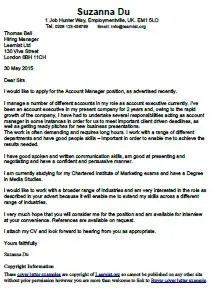
It’s not enough to talk about your skills and experience; you must showcase your achievements. This involves highlighting your accomplishments and demonstrating the value you’ve brought to past organizations. Use specific examples to illustrate your achievements. For example, instead of simply stating that you increased sales, provide the exact percentage increase, the time frame, and the strategies you employed. Did you exceed sales targets, win any awards, or save the company money? Make sure you showcase these accomplishments. This helps the buyer understand your capabilities and potential. Don’t be afraid to boast about your achievements in a professional and confident manner. Always be sure to back up your claims with concrete evidence.
Quantifying Your Accomplishments
Quantifying your accomplishments is key to making a strong impression on potential buyers. Numbers and figures provide concrete proof of your success and demonstrate the value you’ve delivered in previous roles. Whenever possible, quantify your achievements by using metrics such as sales figures, revenue generated, cost savings, or customer satisfaction scores. For example, instead of saying you ‘increased sales,’ state that you ‘increased sales by 20% in one year.’ This makes your achievements more tangible and impactful. Quantifiable results are more persuasive than vague statements. The more data you can provide, the better. When quantifying your accomplishments, be sure to provide the context. Be precise and transparent.
Providing Tangible Results
Tangible results speak louder than words. Focus on highlighting the specific outcomes of your work. Did you help a company enter a new market, launch a successful product, or improve customer satisfaction? Did your contributions result in increased revenue, market share, or brand recognition? When you provide tangible results, you give buyers a clear understanding of your potential and what you can bring to their organization. Be specific and provide clear evidence. This helps the buyer understand the potential value of your contributions. Always align your results with the goals and objectives of the buyer. Present your achievements as a direct contribution to their success.
Using Strong Action Verbs
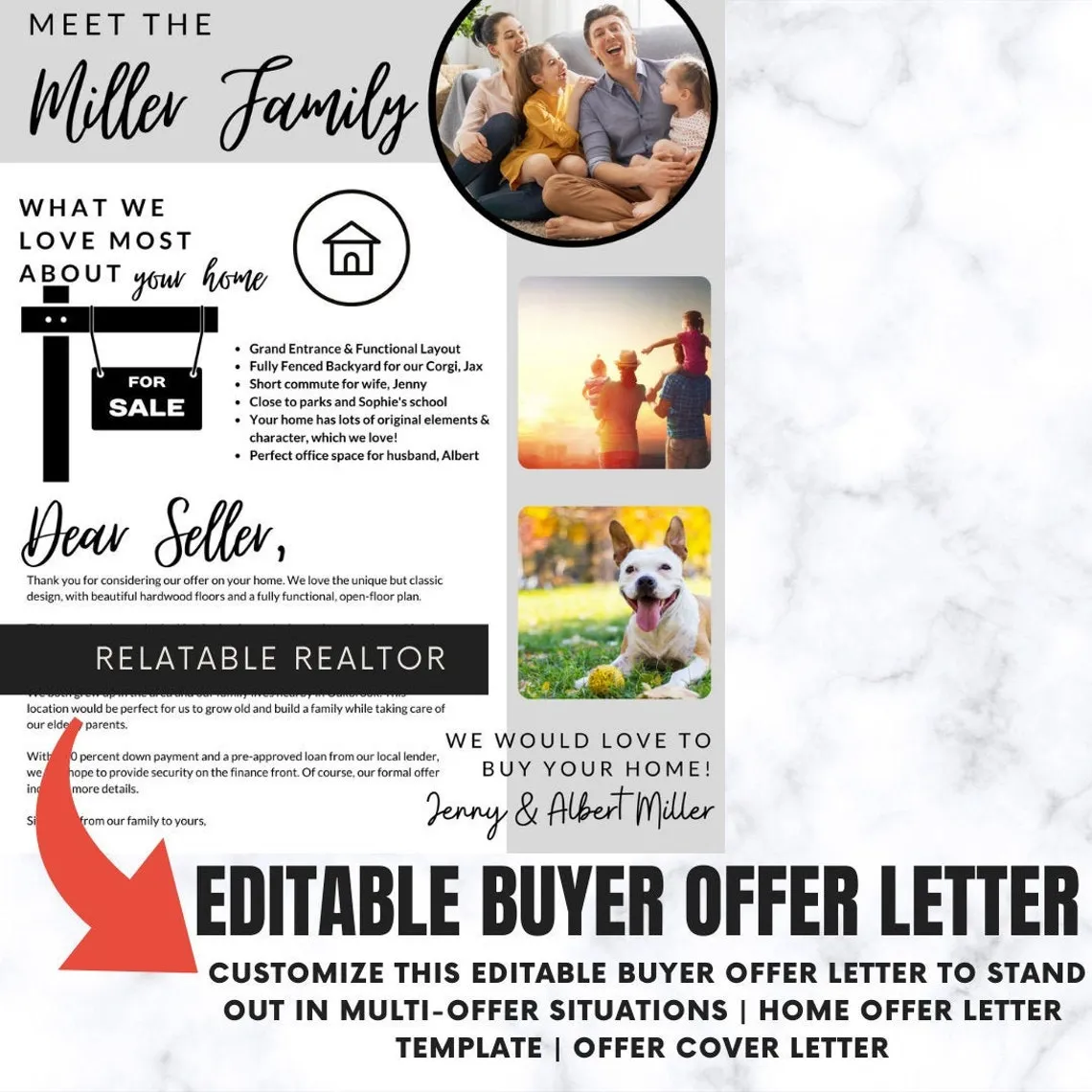
The language you use in your cover letter can significantly impact its effectiveness. One of the most effective ways to grab a buyer’s attention is to use strong action verbs. Action verbs make your cover letter dynamic and engaging. Instead of writing passive sentences, use verbs that convey energy, initiative, and a sense of accomplishment. For example, instead of saying ‘I was responsible for,’ use ‘I managed,’ ‘I led,’ ‘I developed,’ or ‘I implemented.’ Choose verbs that accurately describe your actions and achievements. Using strong action verbs will help to make your letter more memorable and convincing. By choosing the right words, you can highlight your qualifications and make a lasting impression.
Choosing the Right Tone and Style
The tone and style of your cover letter should be professional, but also reflect your personality and communication style. Your cover letter should be formal and well-written, but avoid sounding robotic. Focus on building a connection with the buyer. Tailor the tone to the specific industry and company. Research their culture and values, and then adjust your tone and style to match. Use a professional tone while remaining authentic. Avoid using jargon or overly complex language. Make sure your cover letter is easy to read and understand. Proofread your letter carefully to eliminate any errors. A well-written, polished cover letter demonstrates attention to detail and professionalism, and leaves a good impression.
Keeping it Concise and Focused
Buyers are busy, so it’s important to keep your cover letter concise and focused. Aim for a letter that is no longer than one page. Highlight the most relevant information and eliminate unnecessary details. Get straight to the point and immediately capture their attention. Be clear and concise in your writing. The goal is to quickly convey your value and show that you understand their needs. Avoid rambling or using excessive language. Focus on the key points that support your application and highlight your qualifications. Proofread your cover letter to make sure that it is free of grammatical errors. A concise and focused cover letter shows you respect the buyer’s time and can communicate effectively.
Adding a Compelling Call to Action
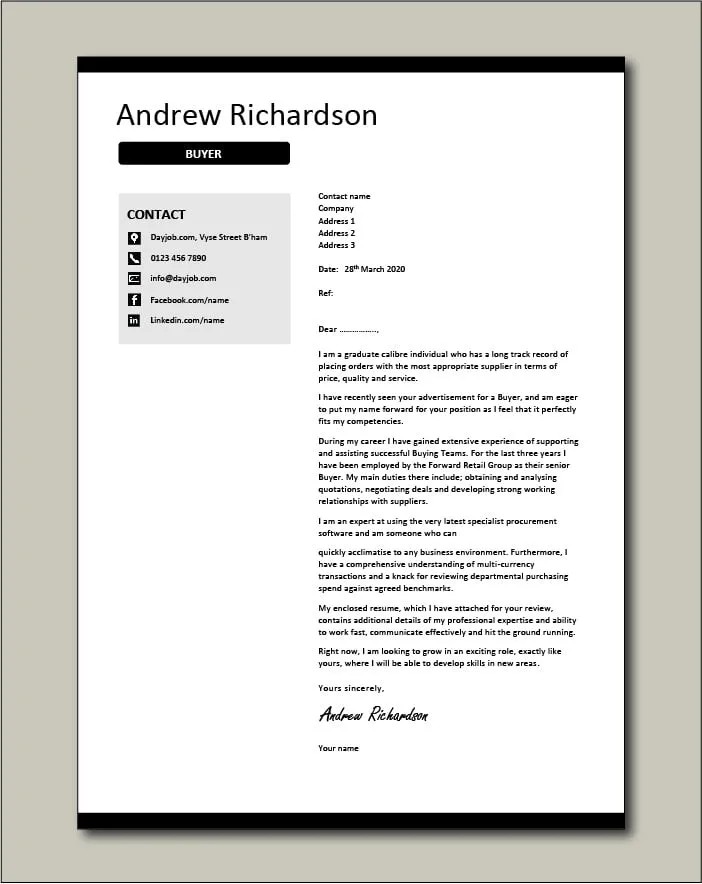
Every cover letter should end with a clear call to action. This is your chance to tell the buyer what you want them to do next. Do you want to schedule a meeting, provide more information, or discuss your proposal? Clearly state what you want the buyer to do. Make it easy for the buyer to take the next step. Provide your contact information and express your enthusiasm for the opportunity. Always include a thank you message for their consideration. A strong call to action should be confident and action-oriented. Use phrases like ‘I would welcome the opportunity to discuss this further’ or ‘I am eager to learn more about your needs.’ A well-crafted call to action encourages the buyer to take the next step.
Making it Easy for the Buyer to Contact You
Your cover letter should include your full contact information, making it easy for the buyer to reach you. Include your phone number, email address, and any other relevant information. Double-check that your contact information is accurate and up-to-date. If you have a professional website or LinkedIn profile, include the link in your cover letter. Make sure your email address and voicemail message are professional and reflect your personal brand. This ensures that the buyer can contact you quickly and easily. Always respond promptly to any inquiries from potential buyers. You never want to miss out on an opportunity because the buyer cannot reach you.
In conclusion, a well-crafted cover letter is a vital tool in the sales process. It provides an opportunity to showcase your skills, highlight your achievements, and demonstrate your understanding of the buyer’s needs. By following these tips, you can create a compelling cover letter that grabs the buyer’s attention and increases your chances of success. Tailor your letter, focus on your achievements, and include a clear call to action. Good luck!
